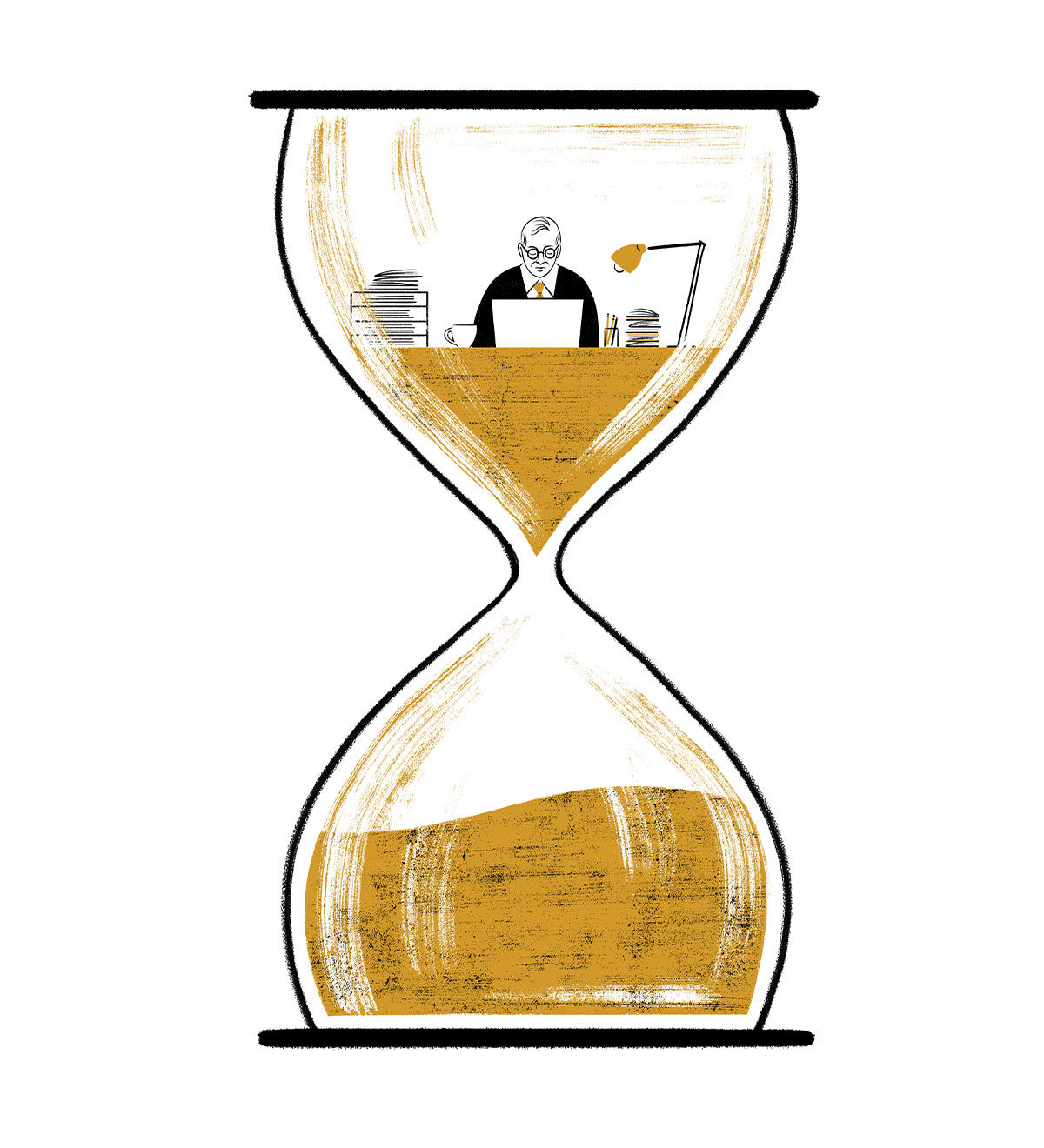The end of retirement?
The challenges and misconceptions surrounding retirement.

The End of Retirement | The Walrus
Want to keep your house? Support your kids? Stay alive? Never stop working

This wonderful article critically examines retirement in Canada from various angles, addressing societal perceptions, financial challenges, health implications, and the need for a more inclusive and flexible approach to work in later years:
- Existential problems: The article suggests that retirement could have negative consequences, including a shortened life expectancy. Lack of purpose after retirement may lead to a decline in health and well-being, emphasizing the importance of social connections and a sense of purpose for longevity.
- Cultural perspectives: The article draws attention to the Japanese concept of "ikigai," meaning 'reason for being,' and its association with longevity. It contrasts this with the North American emphasis on job titles to define identity, proposing a shift in how Canadians perceive retirement.
- Phased retirement and combatting ageism: The author suggests combating ageism in the workplace and promoting phased retirement as part of fair employment practices. Phased retirement is presented as a solution that could benefit both older workers and employers, allowing for a gradual transition rather than a sudden exit from the workforce.
- Redefining retirement: The article proposes redefining retirement, advocating for more inclusive, creative, and flexible concepts of work. It suggests eliminating the traditional idea of retirement and using terms like "The Unretired" or simply "workers" to reflect the changing zeitgeist where individuals continue to work beyond traditional retirement age.
- Longer Working Lives: The article acknowledges the changing landscape of retirement, where individuals may work for a more extended period. It calls for adapting to this new reality by being alert, adaptable, and open to different career paths.
